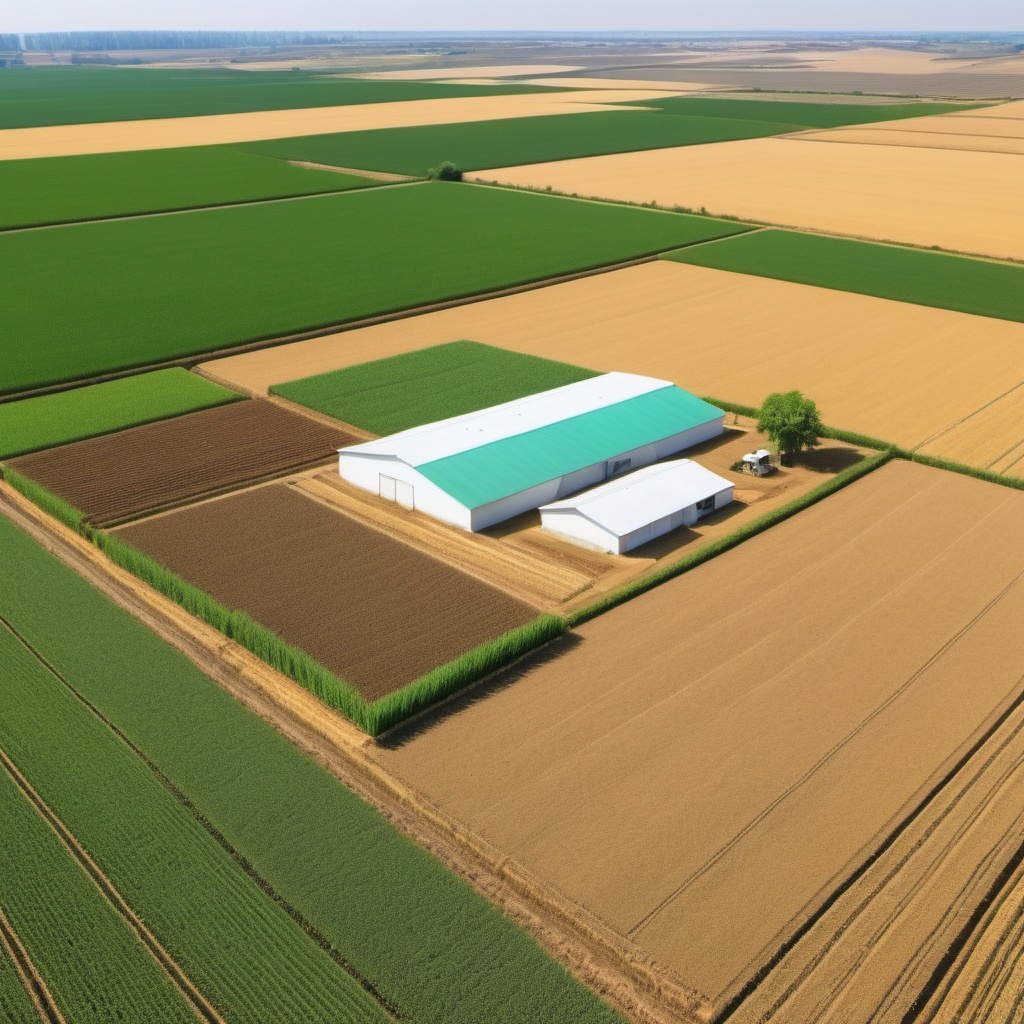
Definition and Scope
Agriculture real estate refers to land and properties specifically used for farming and related agricultural activities. This includes cropland, ranches, orchards, vineyards, and other types of farmland. The scope of agriculture real estate encompasses various aspects such as the acquisition, development, management, and sale of agricultural properties.
Types of Agricultural Properties
Agricultural properties can be classified into several types based on their use and characteristics:
- Cropland: Land used for growing crops such as grains, vegetables, and fruits.
- Ranchland: Property used for raising livestock like cattle, sheep, and goats.
- Orchards and Vineyards: Specialized lands for growing fruit trees and grapevines.
- Pastureland: Land used for grazing livestock.
- Forested Land: Areas managed for timber production or conservation purposes.
Market Trends and Demand
The agriculture real estate market is influenced by various factors, including commodity prices, agricultural technology advancements, and government policies. Recent trends show a growing demand for properties that incorporate sustainable practices and technology, such as precision farming and agroforestry. Urban expansion and changing land use patterns also impact the market, often leading to increased competition for high-quality agricultural land.
Investment Opportunities
Investing in agriculture real estate can offer several advantages, such as potential income from crop or livestock production and land appreciation. Investors can explore opportunities in acquiring prime farmland, lease agreements, or agricultural development projects. Additionally, there is growing interest in agribusiness ventures that integrate farming with renewable energy or conservation efforts.
Legal and Regulatory Considerations
Agriculture real estate transactions are subject to various legal and regulatory requirements. This includes zoning laws, land use regulations, environmental protection standards, and property tax considerations. Buyers and sellers must navigate these regulations to ensure compliance and avoid potential legal issues. It is essential to work with professionals who understand agricultural real estate laws and regulations.
Financing and Valuation
Financing agriculture real estate often involves specialized loans and funding options, such as agricultural mortgages and government grants. The valuation of agricultural properties depends on factors such as soil quality, crop yield potential, and location. Appraisers use these factors, along with market trends, to determine property value.
Property Management
Effective management of agricultural properties involves maintaining soil health, managing water resources, and implementing efficient farming practices. Property managers may also handle tasks such as tenant relations, maintenance, and compliance with agricultural regulations. Professional property management can enhance the profitability and sustainability of agricultural investments.